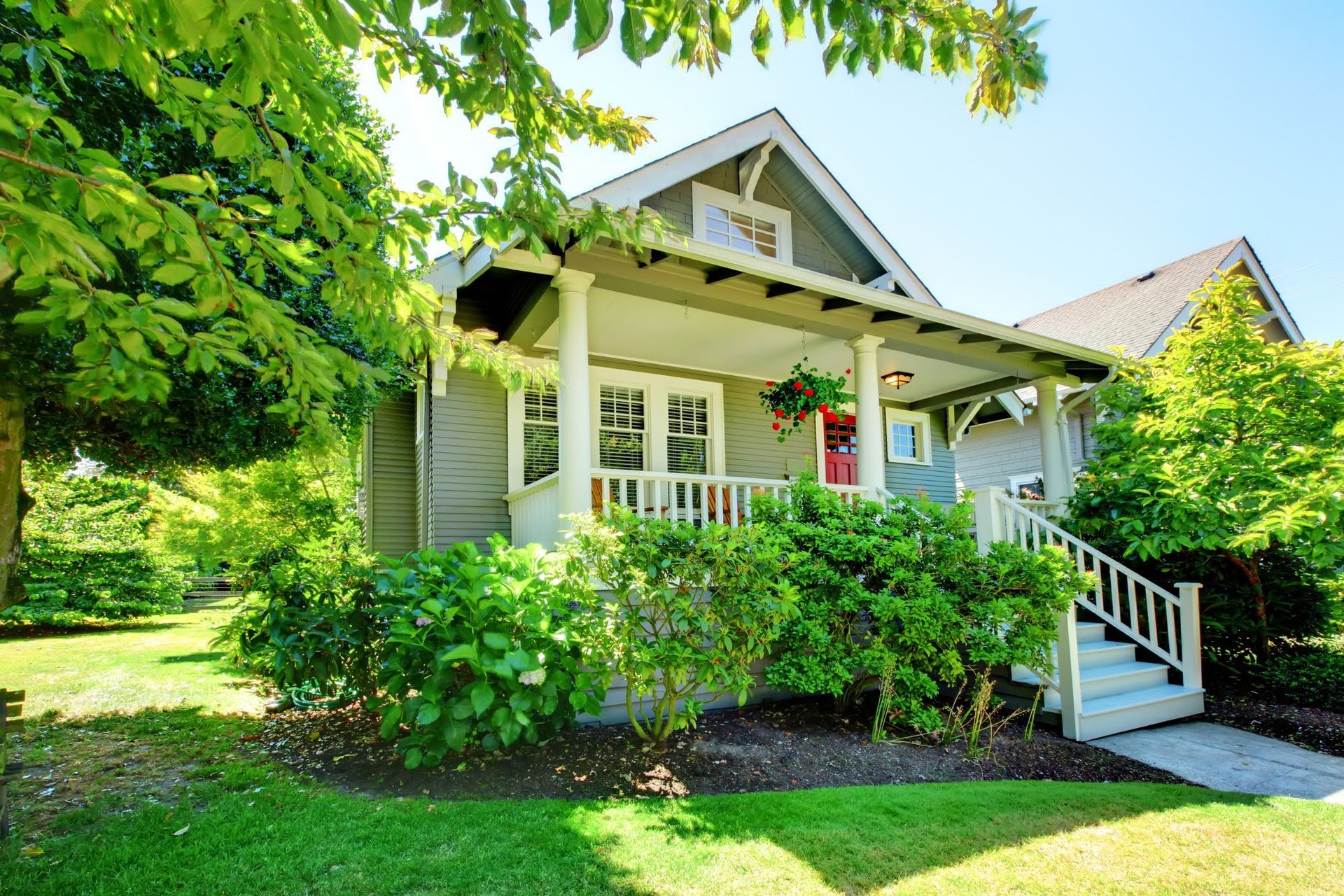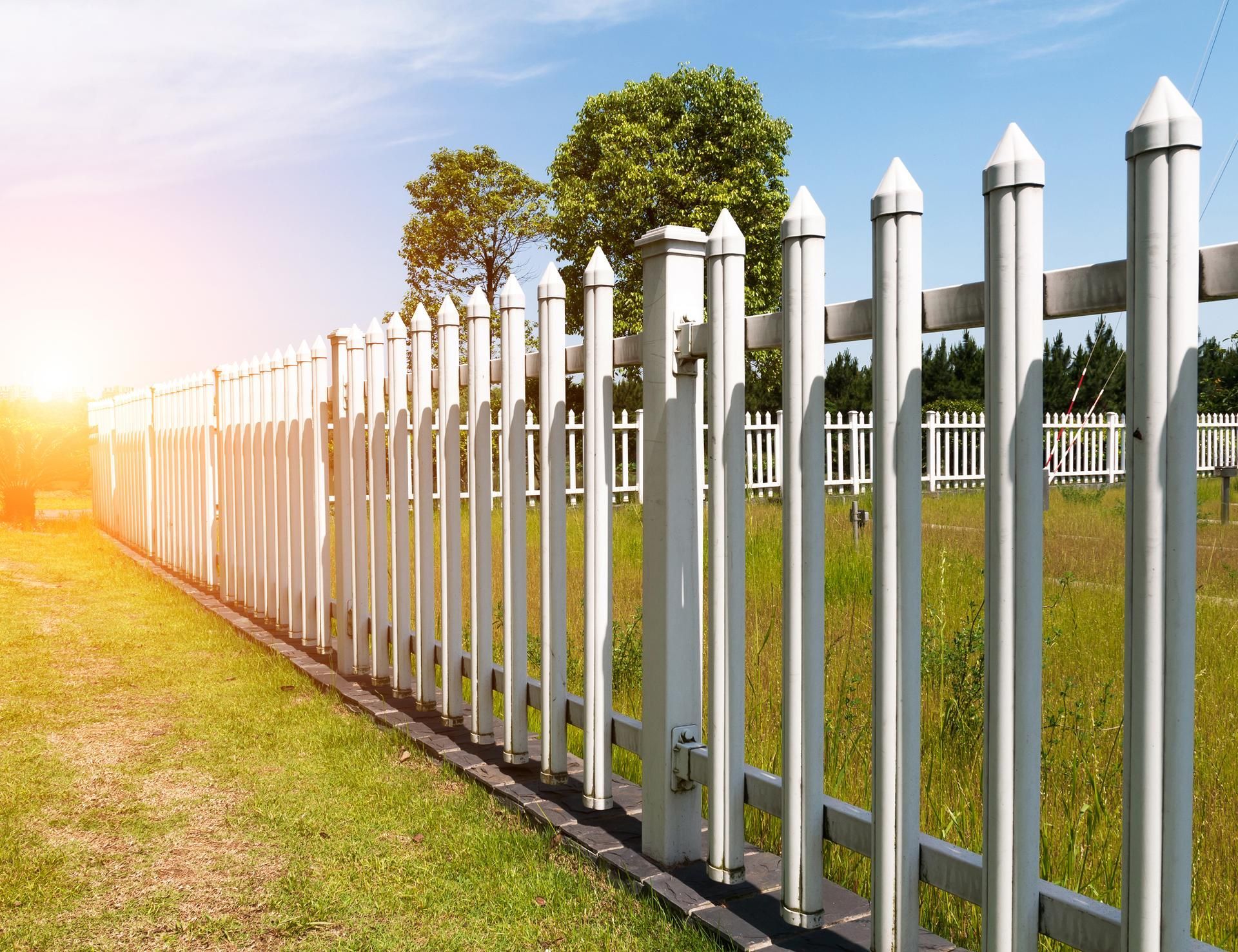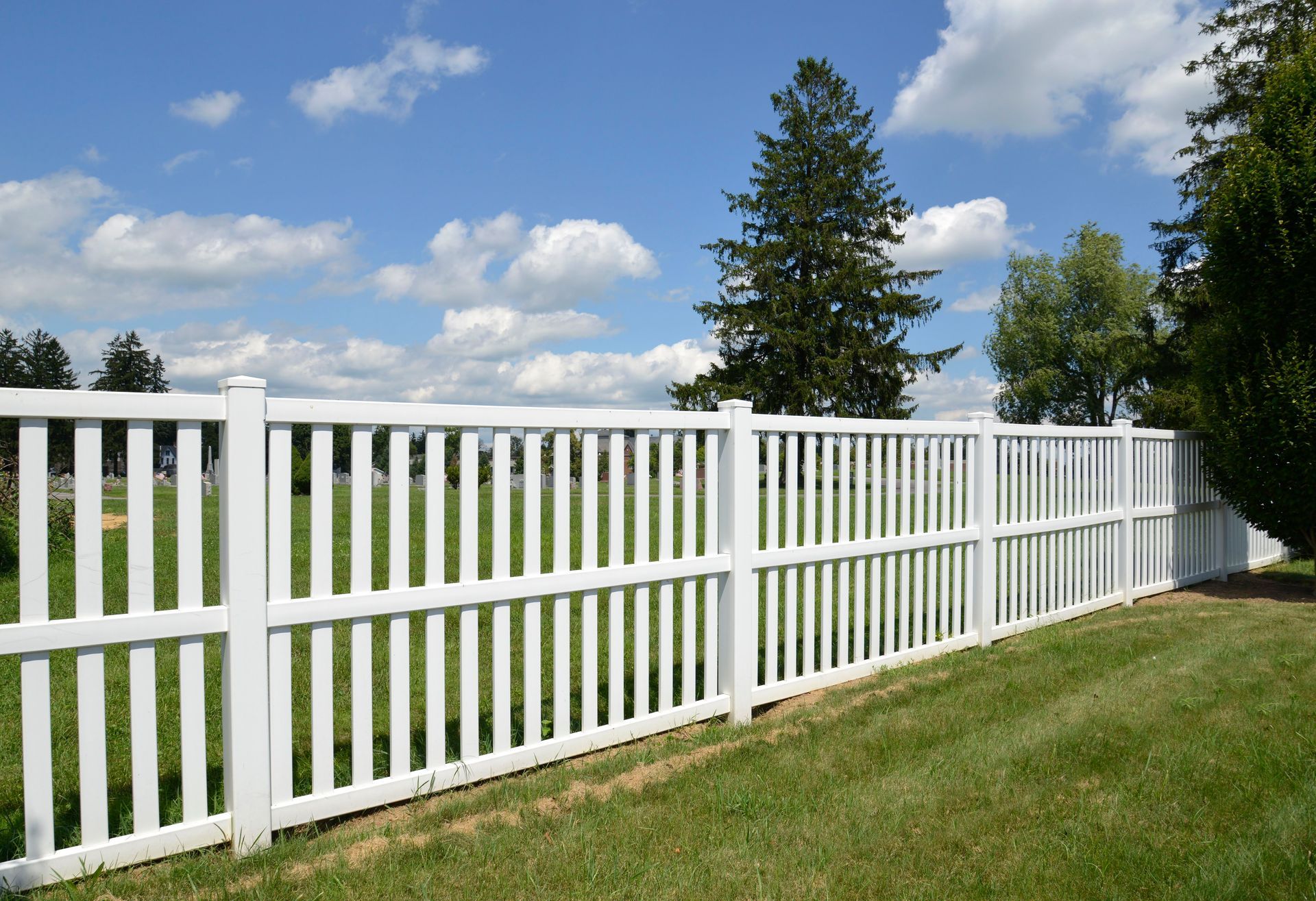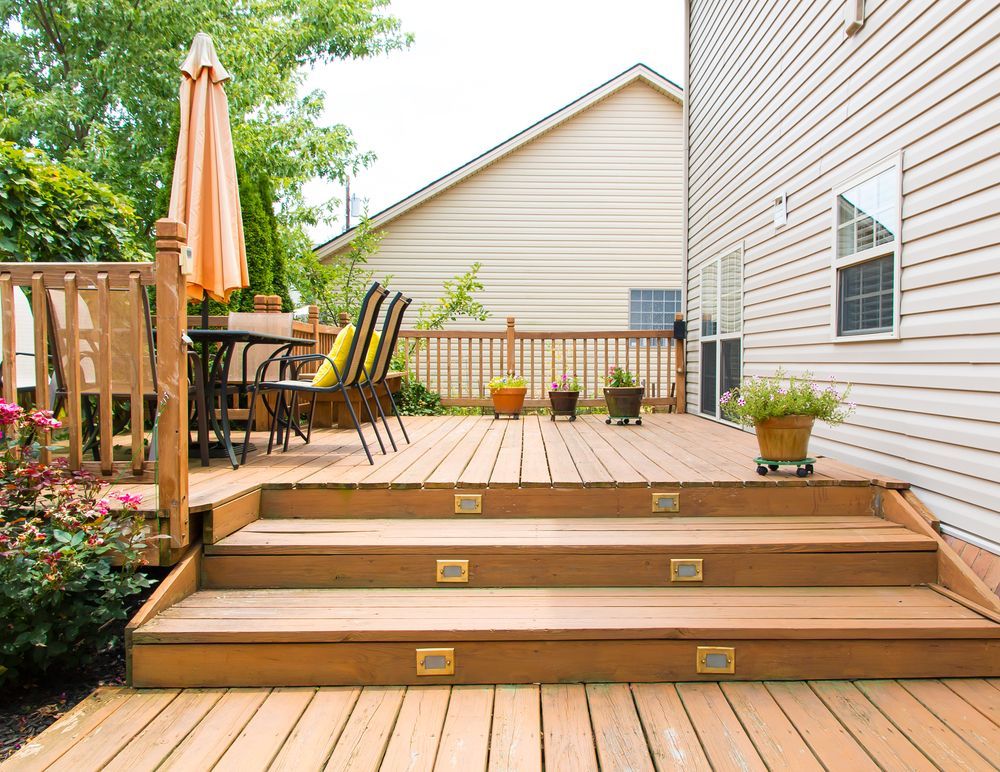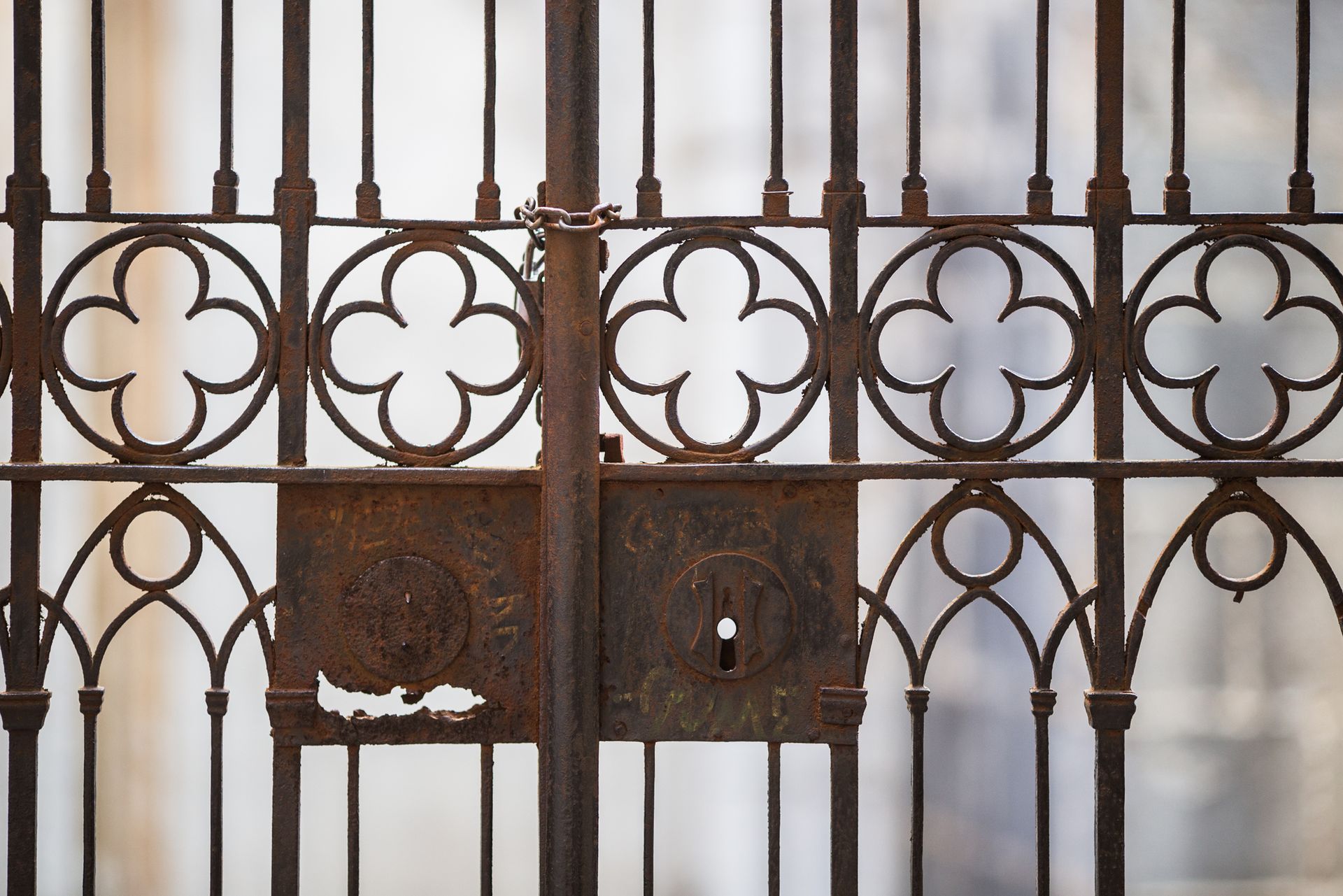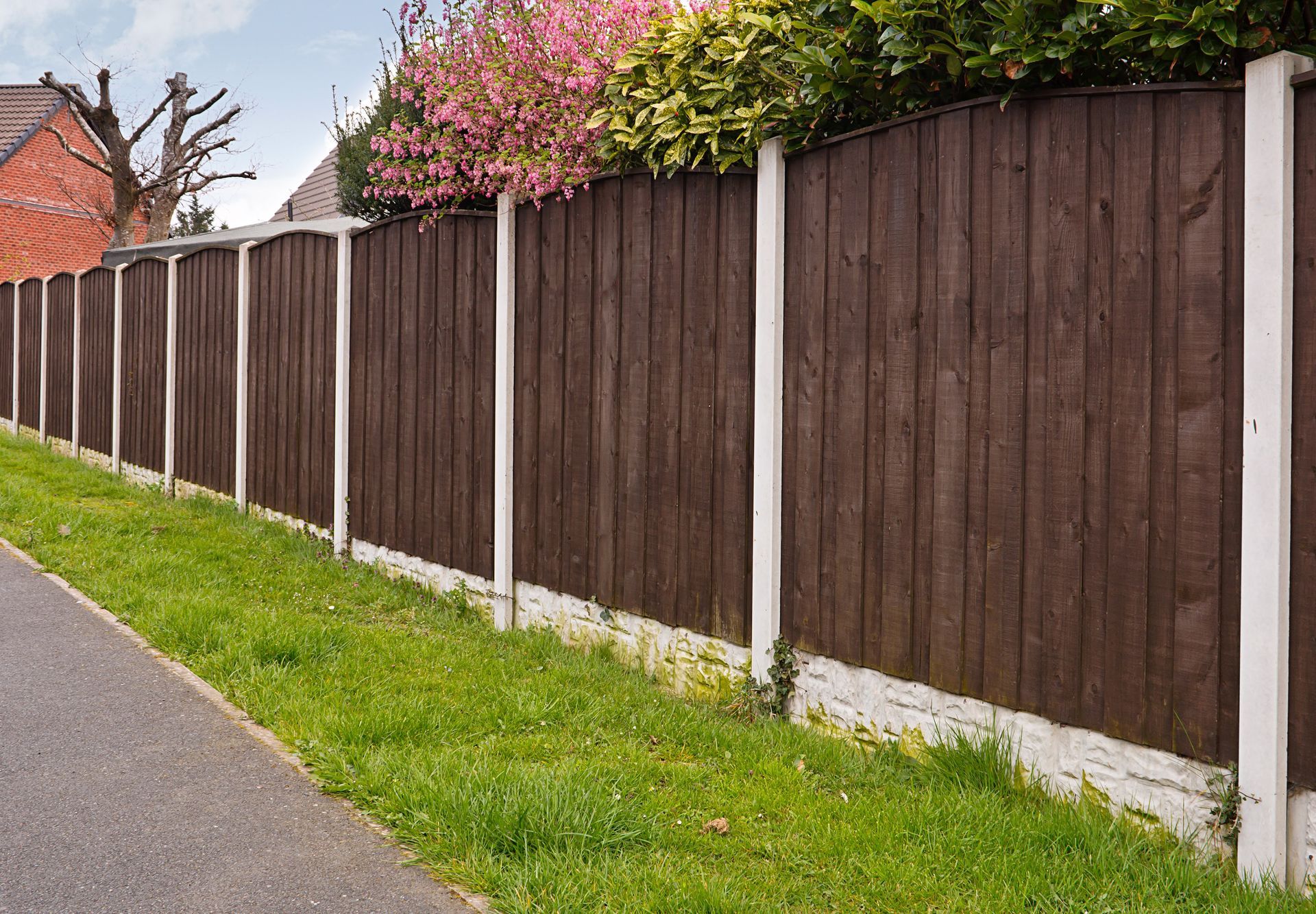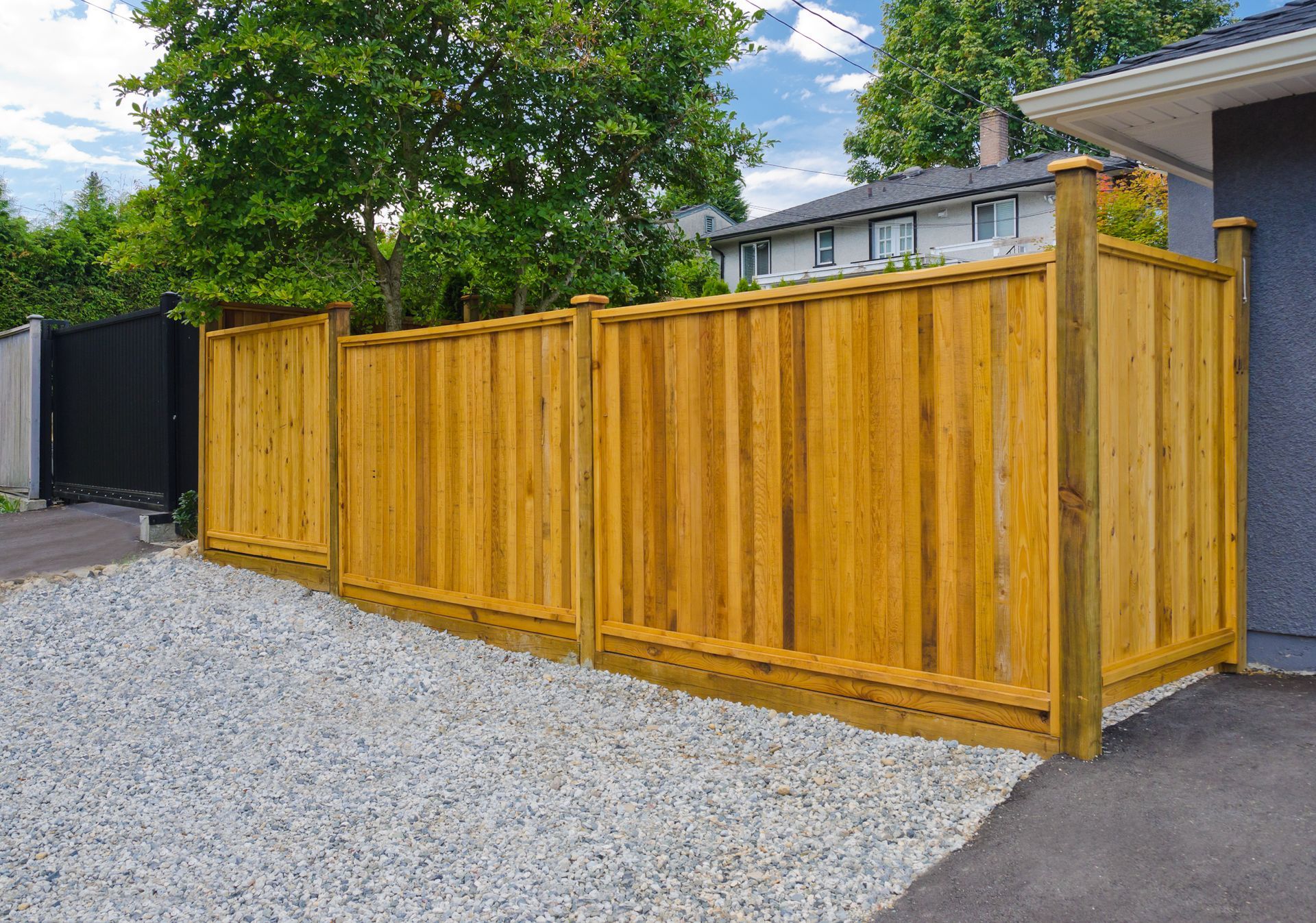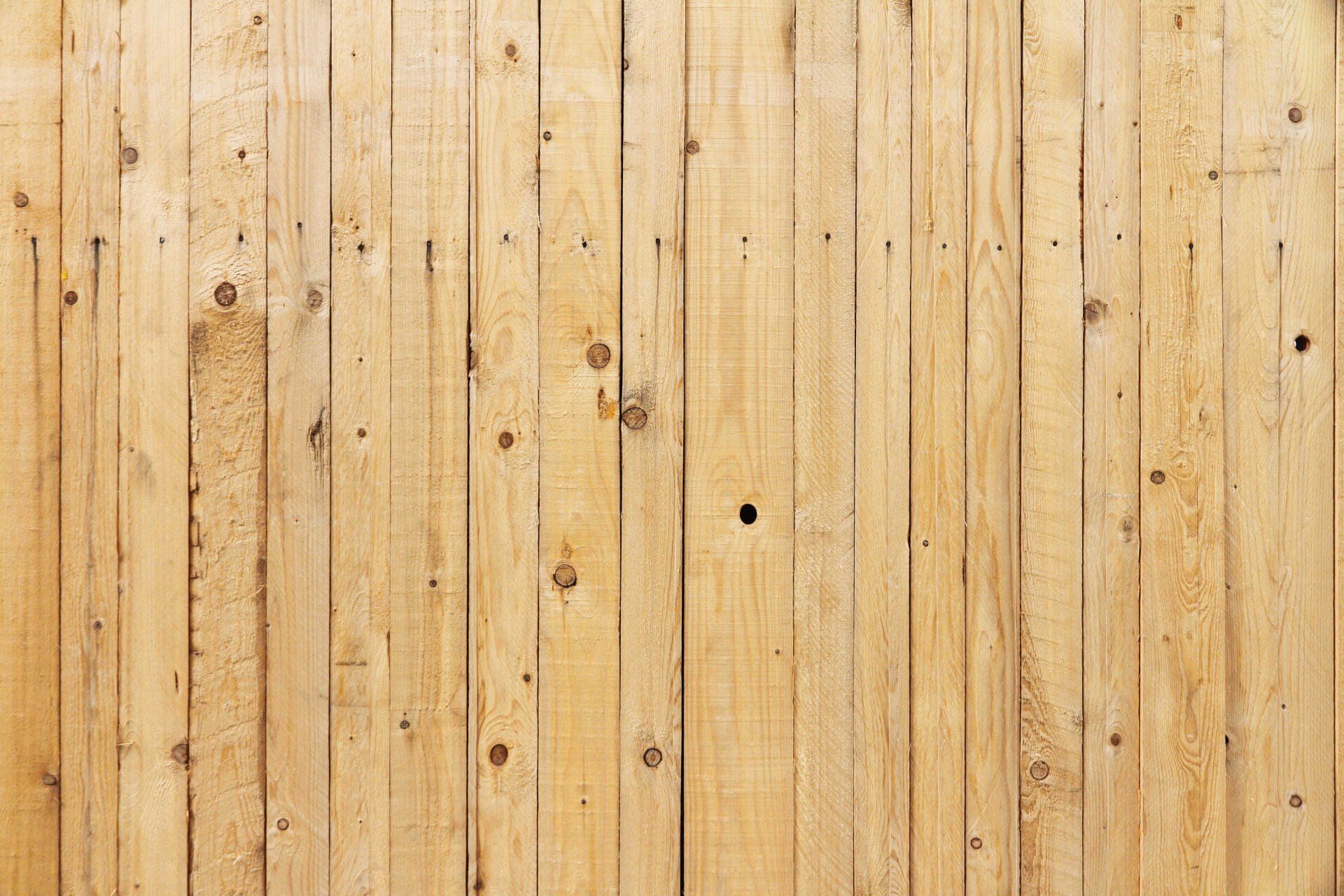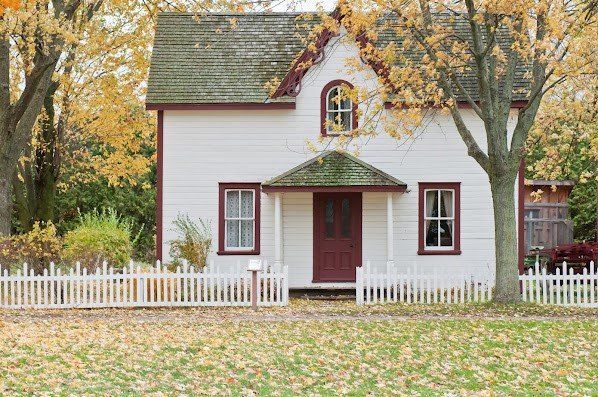What to Consider When Choosing a Residential Fence
When choosing a residential fence, homeowners should consider many factors before they find the right one for their home. Read through a few things to keep in mind when making your selection.
Purpose
Fence installation generally falls into two categories: security fences and privacy fences.
Fencing professionals design a security fence to deter intruders and keep the property safe. These fences are typically metal or stone and are at least six feet tall. On the other hand, a privacy fence creates a secluded space for relaxation and enjoyment. These fences are usually from wood or vinyl materials and can range from six to eight feet.
Of course, many fence heights exist between these two extremes that can serve various purposes. For example, homeowners might use a four-foot fence to delineate property boundaries or to keep pets contained. Ultimately, the best fence height for your home will depend on your specific needs and preferences.
Material
Many different materials are available for fences, each with their own benefits and drawbacks. Some of the most popular choices include wood, vinyl, aluminum, and chain link.
Wooden fences are the classic choice for many homeowners. They provide a natural look and can be stained or painted to match the exterior of your home. Wooden fences are also very durable, making them good for areas with high winds or heavy rain. However, they require regular maintenance, such as annual staining or painting, to keep them looking their best.
Vinyl fences are a newer option that has become increasingly popular in recent years. Vinyl is a synthetic material that looks like wood but doesn't require the same level of maintenance. It is also very durable and resistant to weather damage. However, vinyl fences can be more expensive than wood ones.
Aluminum fences are another popular choice, especially for those who live in coastal areas. Aluminum is resistant to corrosion, making it a good choice for properties near the ocean. Aluminum fences are also low-maintenance and come in a variety of styles. However, they can be more expensive than wood or vinyl fences.
Chain link fences are often of use in commercial settings but also in residential ones. They are durable and require very little maintenance. However, chain link fences can be an eyesore to some and may not provide the same level of privacy as other fence types.
Budget
The cost of your fence will vary depending on the material you choose, the size of your property, and the complexity of the installation. When setting your budget, be sure to factor in the cost of professional installation and any ongoing maintenance costs.
HOA Approval
If you live in a planned community or a neighborhood with a homeowners association (HOA), you will often need to get approval for your fence before installation. HOAs usually have rules and regulations regarding the type, height, and style of fences allowed. Be sure to check with your HOA before making any final decisions about your fence.
Local Building Codes
In addition to HOA approval, you will also need to make sure that your fence meets all local building codes and ordinances. These codes vary from one municipality to the next but typically regulate things like fence height, materials, and setback requirements. Your fence professional should be able to help you navigate these regulations.
Once you've considered all of these factors, you should be able to find the perfect residential fence for your home. With a little research and planning, you can have a contractor install the fence of your dreams in no time.
Admiral Fence Company, LLC, is a leading residential fence installer, and for a good reason — we're passionate about helping our customers find the perfect fence for their homes. Contact us today to schedule a consultation.
Browse Our Website
Contact Information
Toll Free Number: (800) 797-6293
NJ Home Improvement Contractor License Number: 13VH02036100
Payment Options







